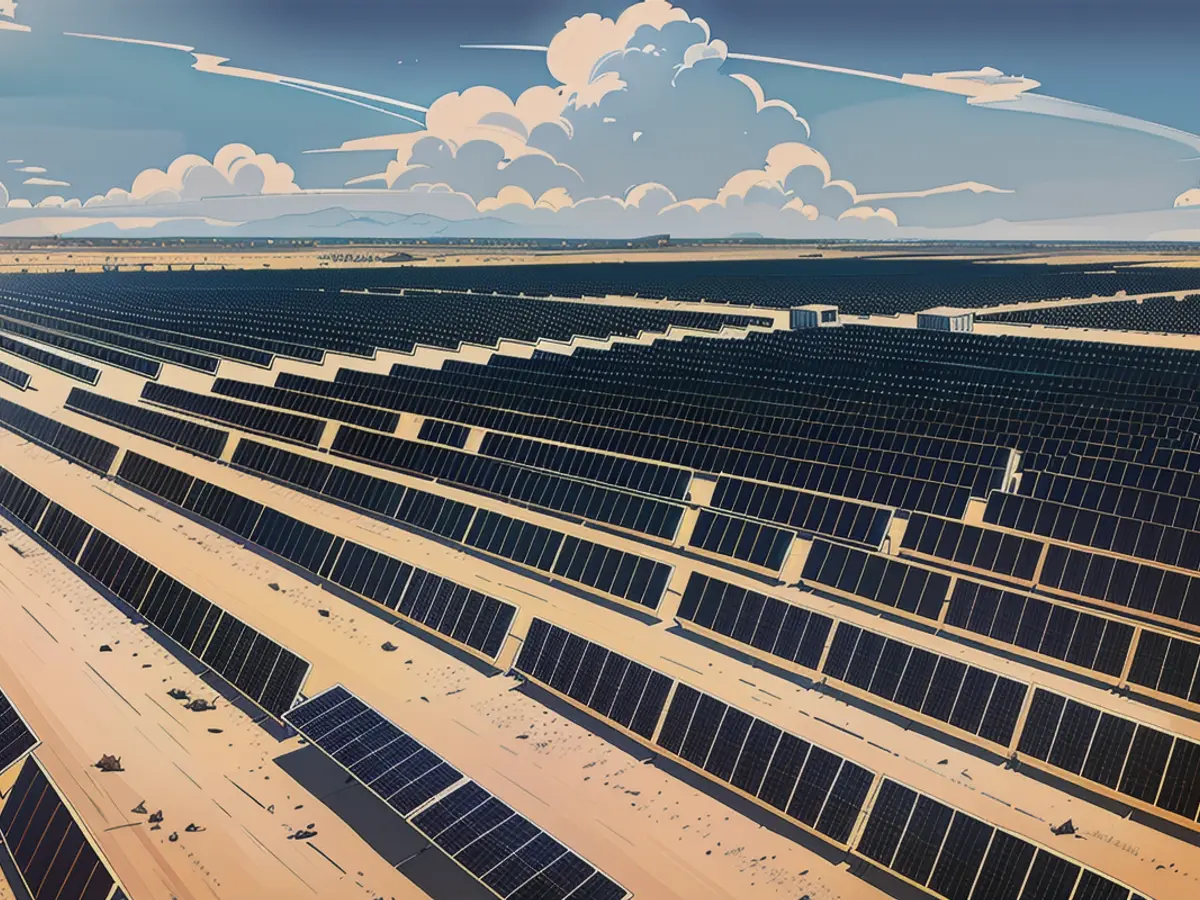Consumers - Inflation at 5.9 percent in 2023 - increase in December
In 2023, Germany's consumers were hit by the second-highest inflation rate since reunification. On average, consumer prices rose by 5.9% over the year, as calculated by the Federal Statistical Office on the basis of preliminary data. After 6.9 percent inflation in 2022, this was the second-highest figure in reunified Germany, according to the Wiesbaden-based authority.
In December, inflation rose again to 3.7 percent after five months of declining figures. In November, it had reached its lowest level since June 2021 at 3.2 percent. Economists had expected the trend to reverse in December: This was because a year earlier, the state had assumed the cost of the discount for gas and district heating customers on a one-off basis in that month. This price-dampening effect is not included in the calculation for December 2023. According to preliminary figures, consumer prices rose by 0.1% from November to December 2023.
Looking ahead, however, various forecasts assume that inflation in Europe's largest economy will continue to fall. For example, the German Council of Economic Experts ("Sachverständigenrat zur Begutachtung der gesamtwirtschaftlichen Entwicklung") expects an average inflation rate of 2.6% in 2024. The Ifo Institute expects an average of 2.2% this year.
Prices fell slowly in the fall
Following the Russian attack on Ukraine in February 2022, energy and food in particular became much more expensive. The inflation rate in Germany climbed to 8.8 percent in autumn 2022, the highest level since reunification. The inflation rate has weakened recently. According to the Federal Statistical Office, many energy products in particular were cheaper in October and November 2023 than a year earlier. Annual food inflation also weakened further, but remained significantly higher than overall inflation.
Higher inflation rates reduce the purchasing power of consumers, who can afford less for one euro. People's financial leeway is shrinking and income growth is being eroded by inflation.
The highest rate of inflation in a full year to date was measured in the former Federal Republic of Germany in 1951 at 7.6%. However, the calculation method has changed over time. In 2021, consumer prices in Europe's largest economy had risen by an average of 3.1%.
Read also:
- This will change in December
- Dikes withstand water masses so far - Scholz holds out the prospect of help
- Fireworks and parties ring in 2024 - turn of the year overshadowed by conflicts
- Attacks on ships in the Red Sea: shipping companies avoid important trade route
Source: www.stern.de






